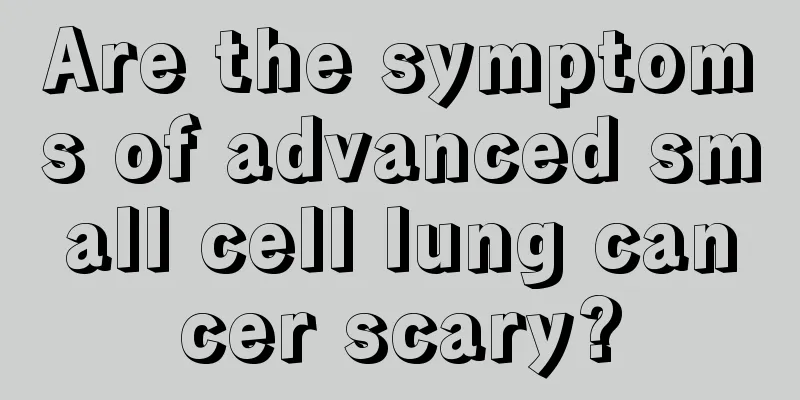Will brain cancer symptoms heal on their own?

|
The symptoms of brain cancer are mainly caused by the compression of tumors on cerebral blood vessels and nerves. The symptoms of brain cancer are persistent headaches, dizziness, black eyes, aggravated over time, frequent vomiting, confusion, mental restlessness, stiff neck, hemiplegia, hemiplegia, aphasia, epileptic seizures, and coma. If the intracranial pressure in the water around the brain tumor is significantly increased, the increased intracranial pressure will cause the breathing pulse to slow down, and in severe cases, drowsiness will turn into drowsiness, and then coma, accompanied by increased blood pressure, unstable blood pressure, and unstable heartbeat. The late symptoms of intracranial tumors vary depending on where the tumor grows. As the intracranial tumor grows, the mass effect can cause intracranial hypertension, severe headaches, nausea and vomiting, and even loss of consciousness. There will be brainstem compression near the brainstem: paralysis of one limb, paralysis of the oculomotor nerve, changes in pupil size, restricted eye movement, coughing when drinking water, difficulty swallowing, etc. Visual degeneration and blindness can occur near the optic nerve. A common symptom of brain cancer is headache. The headache symptoms of the common cold can be cured in a short time, and sometimes they can stop. Brain cancer headache is a persistent headache that gradually worsens over time. Even if it is controlled with medication, it can only last for a period of time and cannot be cured. Patients may experience symptoms such as vomiting, stiff neck, and increased intracranial pressure, which need to be distinguished from hypertension headaches, cold headaches, etc. At this time, the patient should seek medical attention in time and complete the corresponding auxiliary examinations, such as brain MRI, to determine the cause of the headache and determine whether there is a brain tumor. Early symptoms of brain cancer include headaches, such as waking up at night with a headache and lightheadedness that slowly eases when you get out of bed. Projectile vomiting usually occurs when the headache is severe, and the headache eases after vomiting. Blindness, such as temporary blindness. Double images appear when you look at things, and normal clear imaging is impossible. Visual field defects, incomplete vision. One side of the eyeball protrudes forward, and the other side gradually loses hearing. There may also be epilepsy, hemiplegia, weakness or uncoordinated limbs. Amenorrhea, breastfeeding, impotence and hair loss. |
>>: How many days after abdominal wall fibroid surgery can I get out of bed
Recommend
What to do with throat stones
As the name suggests, throat stones are stones gr...
How to control frequent blushing
Frequent blushing may be caused by both physiolog...
Why is there water in the refrigerator
The phenomenon of water in the refrigerator is ve...
Headache and cold body
People's bodies are more sensitive to the out...
How long is the shelf life of Da Hong Pao
Dahongpao is a type of oolong tea and is loved by...
Is breast-conserving surgery for breast cancer expensive?
As the pace of life nowadays is getting faster an...
Why does my throat hurt when I eat?
For most patients, sore throat problems are mainl...
What is an easy way to get rid of scars?
There are actually many small methods and techniq...
Uncovering the genetic secrets of fibroids
Uncover the genetic secrets of fibroids. Genetics...
Knee ligament relaxation
Ligament sprain and ligament relaxation are two p...
Is bone cancer really not contagious at all?
Is bone cancer really not contagious? People are ...
What symptoms will colon cancer patients continue to develop?
Many patients cannot diagnose the symptoms of col...
What are the hot dish recipes for eating rice
Three meals a day are important things. Only when...
What does laryngoscope mainly check
There are many medical devices used in medical te...
What to do if ovarian cancer recurs
To reduce the recurrence of ovarian cancer, corre...









